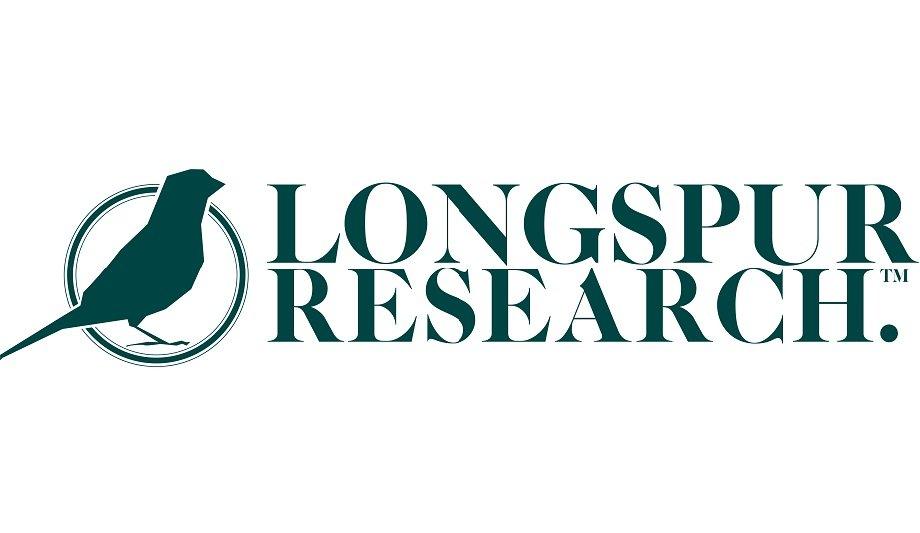Longspur is pleased to announce the publication of its latest sector report, Attention All Shipping, which explores the use of methanol to offer both retrofit and replacement options as a shipping fuel to meet compliance requirements.
Current maritime fuels look set to become more costly than low-carbon alternatives as the International Maritime Organisation (IMO) and EU emission regulations tighten, with this impacting the sector from as early as 2025, methanol is gaining traction as a fuel to deliver a viable route to comply with stricter emission regulations.
Addressing decarbonisation
Adam Forsyth, Head Of Research at Longspur, commented, “There is a strong move among ship owners to address decarbonisation and methanol is emerging as a key solution."
Adam Forsyth adds, "Regulatory developments from the IMO and EU are raising low carbon shipping the agenda and methanol is seeing strong interest with over 100 methanol-fuelled vessels now on the water or order.”
Survey findings
The main conclusions from the report include:
- A key driver in the uptake of methanol that has been identified is the strengthening of emission regulations, with both the IMO and the EU seeking stricter controls. These changes could make existing maritime fuel more costly than low-carbon alternatives.
- Longspur’s analysis suggests that the predicted total addressable annual market for methanol in shipping to be 179MT HFO equivalent by 2050, almost doubling the current methanol demand.
- Renewable methanol can be produced using renewable feedstocks and renewable energy in the form of either bio-methanol or green e-methanol. The production of renewable methanol provides a use case for green hydrogen and sustainable biomass.
- Methanol offers key advantages such as lower cost options, wider availability, and is technically proven and flexible, making it a strong option for ship owners in becoming a major part of the decarbonisation toolkit.


